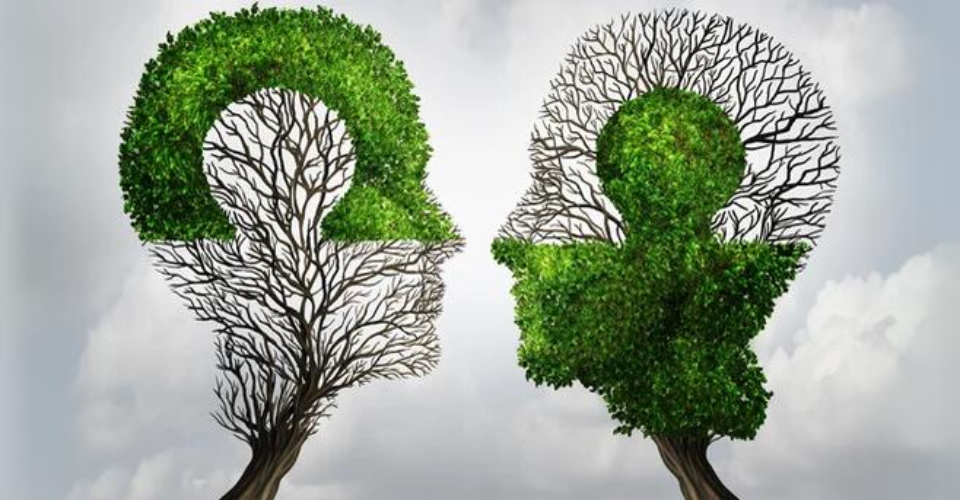COVID-19 Sparks a Wave of Reconnections
On the one hand, COVID-19 pandemic was a source of immense challenges and on the other hand it led to what became known as “great reconnection”, offering great psychological rewards. In fact, this paper examines how patients used technology in order to get back in touch with their dormant connections and obtained socio-emotional benefits.
Rekindling Old Ties: Lowering Depression and Loneliness
The results revealed that those who came into contact with their friends from school had reduced levels of depression as well as loneliness. This was particularly true among respondents who reconnected through both deep and broad self-disclosure mechanisms.
Understanding the Motivations
Nicholas Brody, a University of Puget Sound communication professor, conducted the study alongside his team seeking to understand why people decided to reconnect during Covid-19 breakouts. It focused on two issues; why they chose to reconnect and how these encounters impacted their mental health.
Exploring Relational Dormancy
Participants were mainly motivated by a desire to bring back dead connections. For most, they wanted to keep up with old friends after so long or rather rebuild and maintain these relationships thus creating an avenue for them express themselves thereby reviving dormant relationships.
Health Concerns and Nostalgia
Many participants also reached out due to concerns about health related matters arising from COVID-19. They were just concerned about the well-being of friends, family members etcetera. Moreover nostalgia played an integral role because it sought solace at reunions with people who took part in memorable events experienced in life.
Support and Making Amends
Seeking emotional, financial or professional assistance was another motive behind coming together again while apologizing for previous quarrels came fourth. Some participants went there for advice or any kind of help while others wanted permanent solutions for the remaining issues and wanted to heal their relationships.
Communication Channels Used
The most common communication platforms used for reconnecting were Facebook, including its messenger service; text messaging; phone calls; Instagram and video calls.
The Socioemotional Benefits
These meaningful conversations contributed to better mental health outcomes and a positive outlook on maintaining these rekindled relationships. Participants who engaged in both deep and broad self-disclosure with their reconnected contacts reported lower levels of depression and loneliness.
Long-term Relational Benefits
The research hints that this could not have been a casual measure of these people during pandemic time but rather like an investment which may go beyond the short term – as the participants who revealed more about themselves expected possible future interactions with their old friends.
Implications for Mental Health and Technology
“Such findings underscore the potential mental health benefits of communication technology usage especially during stressful times,” said Brody. “Most theories and research on self-disclosure focus on face-to-face conversations investigating new friendships or relationships. This study showed that similar processes largely hold true when one attempts to mend fences after some silence.”
Limitations and Future Research
However, generalizability might be limited due to unique aspects of COVID-19 pandemic. “These findings are somewhat limited because data was gathered during the early days of COVID-19 which was a once-in-a-generation type event,” added Brody. There is need therefore, for future longitudinal studies to consider these processes.
Conclusion
This study titled “The Great Reconnection: Examining Motives for Relational Reconnection and Investigating Social Penetration as a Predictor of Well-Being” has considered the significance of old friendship networks in psychological well-being during difficult times.”



























Leave a Reply
You must be logged in to post a comment.